Feb. 21, 2025
-
Feb. 23, 2025
shenzhen
From February 21 to 23, 2025, the 10th Asia Cardiac Arrhythmia Summit was successfully held in Shenzhen, organized by the Asia Heart Rhythm Association (AHRA). The Digital Health Forum was a new feature of this summit, aiming to explore the new opportunities brought by the next generation of artificial intelligence (AI) technology to the field of arrhythmias and to promote the innovative development of intelligent diagnosis and treatment.
The forum was guided by Prof. Yan Yao, the director of the Arrhythmia Center at the National Center for Cardiovascular Diseases, Fuwai Hospital, Chinese Academy of Medical Sciences (CAMS). The forum was chaired by Prof. Jiao, Li at the Institute of Medical Information, CAMS. The event invited distinguished speakers including Prof. Peter Weiss, the Global President of the Society for Cardiac Robotic Navigation (SCRN); Prof. Peng Xiang from the Second Affiliated Hospital of Zhejiang University School of Medicine; Prof. Jian Wu from the Second Affiliated Hospital of Harbin Medical University; Prof. Junjie Yang from Chinese People's Liberation Army (PLA) General Hospital; and Prof. Yali Zheng from Shenzhen Technology University.

In his opening address, Prof. Yan Yao, the director of the Arrhythmia Center at Fuwai Hospital, highlighted that with the breakthroughs in large language models, the generative AI technologies is rapidly integrating into the entire medical diagnosis and treatment process. He emphasized the urgent need for multidisciplinary expert teams to pragmatically advance the development and clinical application of digital health products such as surgical robots, intelligent sensing devices, and intelligent diagnosis and treatment systems, following the path of "clinical demand - driven, technology fusion - driven, and evidence - based evaluation". He encouraged clinical experts and young doctors to actively embrace AI technologies, focusing closely on clinical issues and needs, and to engage in the innovative practice of medical AI.
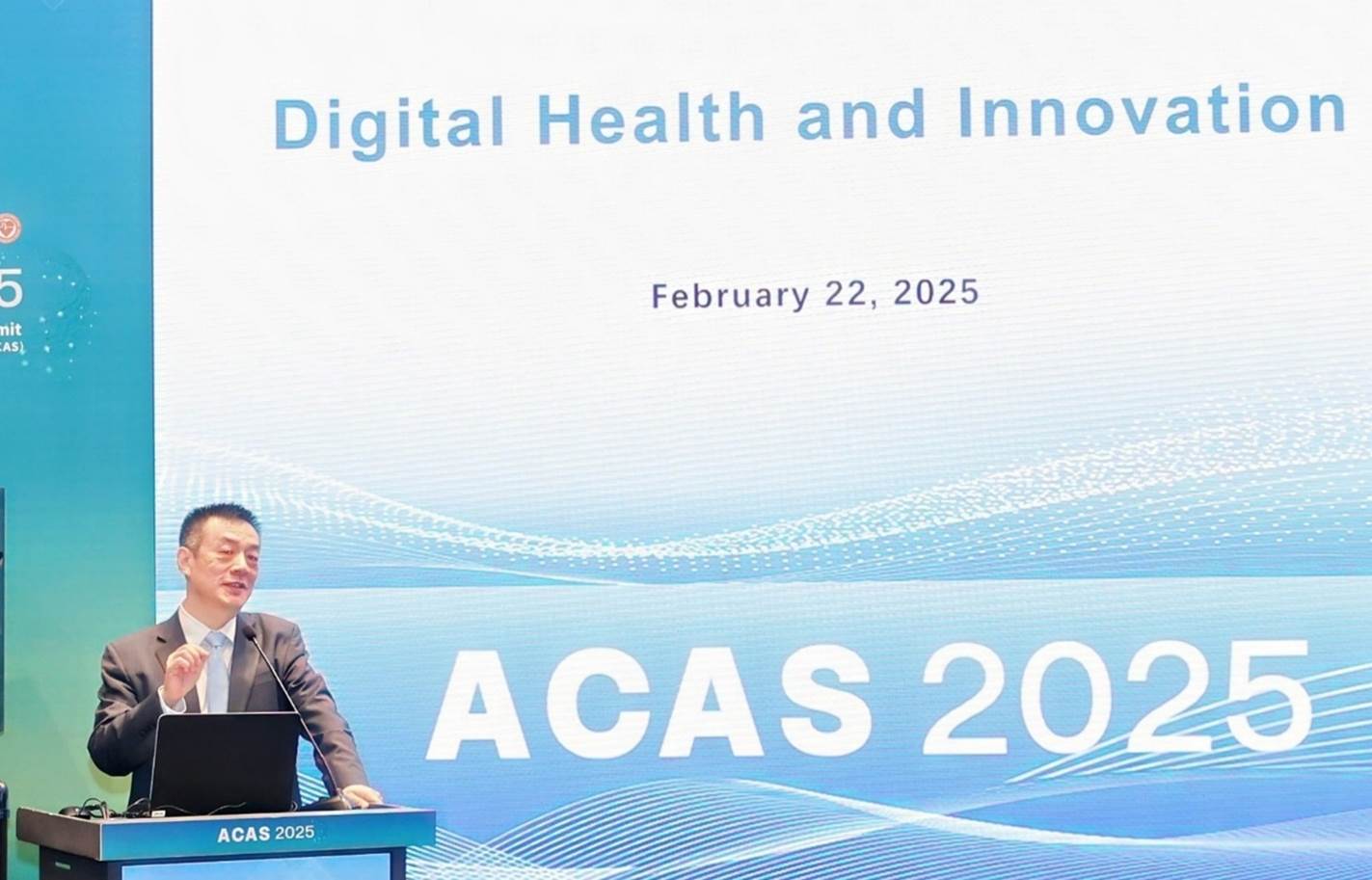
Prof. Peter Weiss, the Global President of SCRN, introduced the research progress of intelligent medical devices in electrophysiology, including the catheter manipulation, vascular path planning, and navigation algorithms of surgical robots, as well as innovative practices in telemedicine.
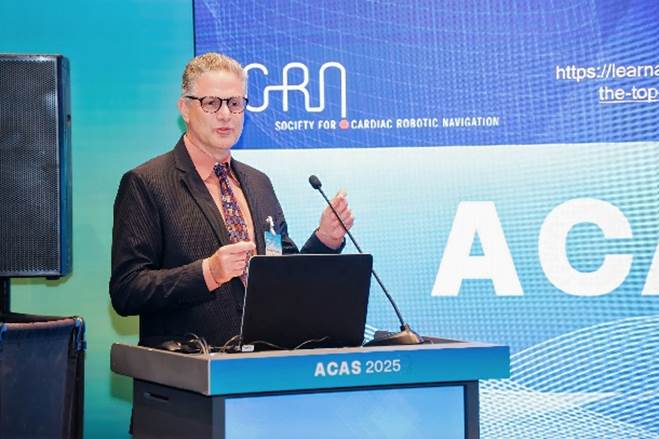
Prof. Peng Xiang, the director of the Department of Artificial Intelligence and Information Technology at the Second Affiliated Hospital of Zhejiang University School of Medicine, shared practical applications of wearable devices in the intelligent diagnosis and treatment and risk warning of cardiovascular diseases, and also discussed the progress in the construction of smart hospitals and digital therapeutics.
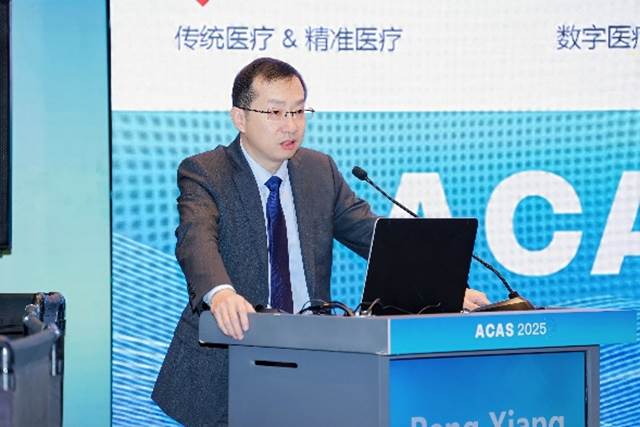
Prof. Jian Wu, the director of the Cardiac Rehabilitation Center and deputy director of the Cardiology Department at the Second Affiliated Hospital of Harbin Medical University, introduced the construction of cardiovascular disease cohorts, the research progress of data - driven disease prediction models, and the development of large - model - based diagnostic systems.
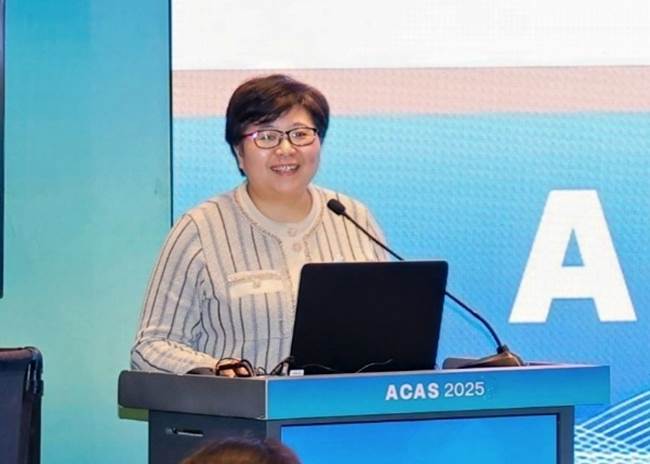
Prof. Junjie Yang, the director of the Cardiovascular Imaging Department at the PLA General Hospital, presented the latest advancements in intelligent analysis algorithms for cardiovascular imaging and the practical exploration of multimodal medical imaging omics, and discussed challenges in the robustness and transferability of cardiovascular imaging algorithms.
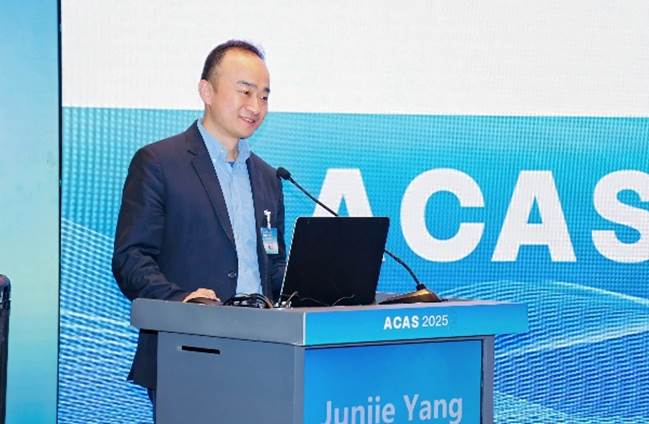
Prof. Yali Zheng from Shenzhen Technology University shared the latest progress in cuffless blood pressure monitoring technology, including laboratory assessments of continuous blood pressure monitoring and the application prospects of this technology in the prevention of cardiovascular diseases, continuous health management, and telemedicine.
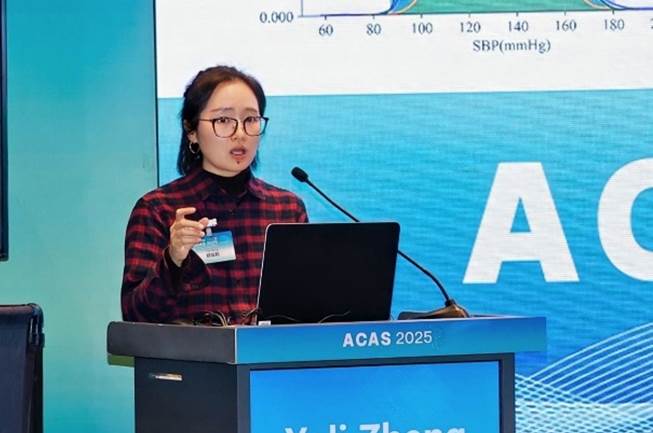
Prof. Jiao Li from the Institute of Medical Information, CAMS, introduced the research progress of trustworthy medical AI in cardiovascular clinical diagnosis and treatment decision - making, and shared practical experiences in building knowledge bases for intelligent arrhythmia diagnosis and treatment, vertical large model training, and human - computer interaction models.
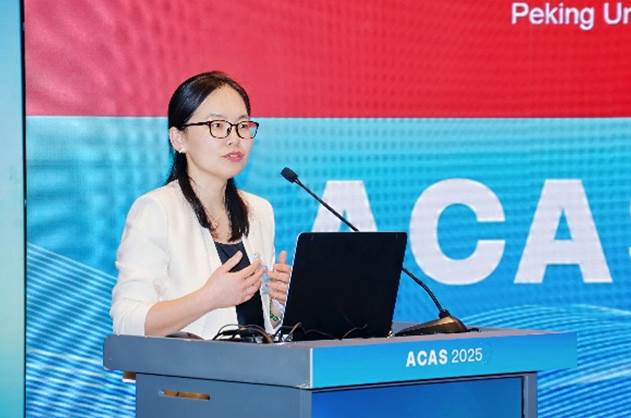
The forum brought together experts from the fields of clinical medicine and artificial intelligence to jointly explore cutting - edge topics such as robot - assisted electrophysiology and telemedicine innovation, AI - based arrhythmia diagnosis and treatment practices, real - time arrhythmia data monitoring using wearable devices, and intelligent diagnosis and treatment systems integrating multimodal data fusion. These discussions aimed to promote precise diagnosis, personalized treatment, and comprehensive management of diseases.
